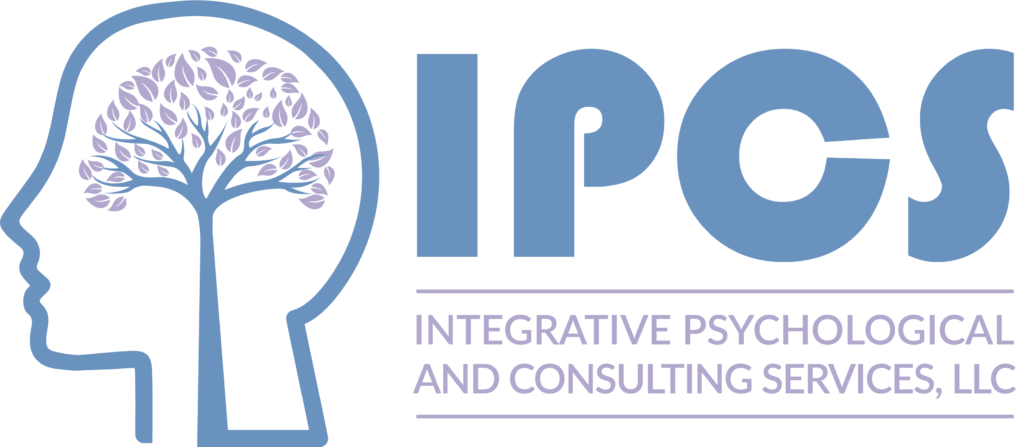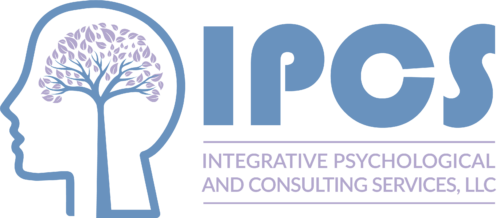Frequently Asked Questions
- Home
- Frequently Asked Questions
frequently asked questions

People come to therapy for several reasons. Sometimes it is to address long-lasting stressors, problems with anxiety or depression, or sudden life changes such as a divorce or death of a loved one. Other times it is to seek advice concerning personal exploration and growth. Therapy offers a safe place to address numerous concerns including depression, anxiety, acculturative stress, conflict, grief, self-esteem issues, body-image issues, and general life transitions. Therapy is right for anyone who is interested in personal and interpersonal growth.
Therapy has many benefits. It can provide an environment that offers support, problem-solving skills, and healthy coping strategies for issues including depression, anxiety, unresolved childhood issues and stress management. Many people also find that therapists can be helpful in dealing with personal growth, interpersonal relationships, and the stresses of daily life. Therapists can offer a new viewpoint on a challenging problem and work with you to find an adaptive solution. How much you benefit from therapy depends on how well you practice what you learn.
Therapy is a collaborative process between the individual and the therapist. Each therapy session is specific to the individual and his or her goals. Usually, therapists discuss the main issues and concerns in your life during therapy sessions. It is common to schedule a series of weekly sessions, with each session lasting around forty-five to fifty minutes. Therapy can be short-term, focusing on a specific concern, or longer-term, addressing more complex issues. Sometimes your therapist will ask you to engage in certain activities outside of the therapy sessions, such as reading a relevant book or keeping records to track specific thoughts and behaviors. It is important to process wat has been discussed and apply it into your daily life between sessions. For therapy to be most effective you must be an active participant, both during and between the sessions.
It is important to work with your medical doctor to determine what treatment is best for you. In some cases, a combination of medication and therapy is the right course of action. Research suggests that the long-term solution to mental and emotional problems, and the pain they cause, cannot be solved by medication alone. Rather than just treating the symptom, therapy addresses the underlying cause of our distress and the patterns that hinder our progress or keeps us stuck. An integrative approach to wellness and recovery allows you accomplish sustainable growth and improved overall functioning.
We typically respond to voicemails or emails within 24 hours, excluding weekends. Please be sure to leave us your phone number and best times to reach you.
Generally, the law protects the confidentiality of all communications between a client and therapist. No information is disclosed without prior written permission from the client.
Some exceptions to this rule required by law include:
Suspected child abuse or dependent adult or elder abuse.
The therapist is required to report this to the appropriate authorities immediately.
If a client is threatening serious bodily harm to another person.
The therapist is required to notify the police.
If a client intends to harm himself or herself.
The therapist will make every effort to work with the individual to ensure his or her safety. However, if an individual does not cooperate, additional measures may need to be taken.
Usually, we can schedule a first appointment within one week from the time you contact us.

